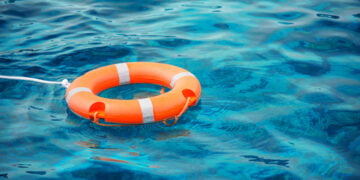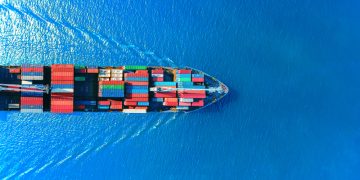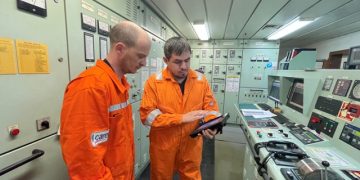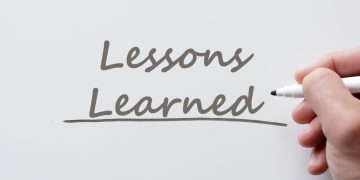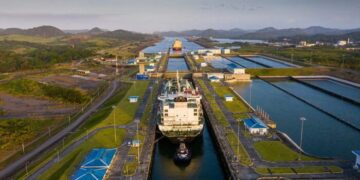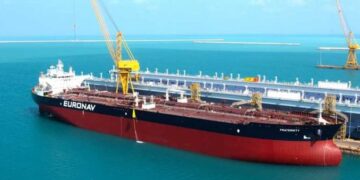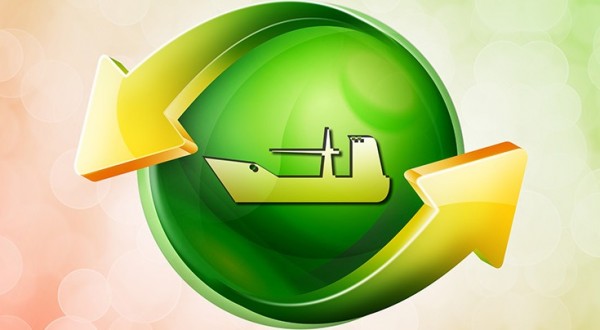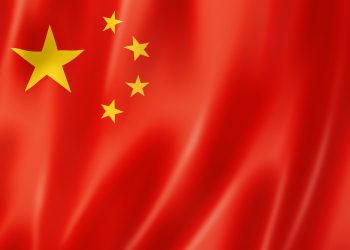Lately the shipping industry has shed its focus on the 2020 sulphur cap, however, other important regulatory updates are expected to become effective from January 1st as well; for instance in the area of ship recycling, the Inventory of Hazardous Materials (IHM) is going to bring changes for which operators need to be aware of for compliance with the requirements of both Hong Kong Convention and EU-Ship Recycling Regulation.
The Inventory of Hazardous Materials (IHM) is one of the most important documents in planning the recycling process of a ship. Specifically, it allows recyclers to know exactly what hazardous materials are onboard a vessel and where they are located.
Today, there are two main regulations impacting the inventory of hazardous materials:
- The Hong Kong International Convention for the Safe and Environmentally Sound Recycling of Ships;
- The European Regulation on Ship Recycling (EU SRR).
Hong Kong Convention
The Hong Kong Convention aspires to ensure that vessels, when being recycled, do not pose any unnecessary risk to human health and safety or to the environment.
It was adopted at a Diplomatic Conference held in Hong Kong, China, in May 2009, and since then it was developed with input from IMO Member States and non-governmental organizations, in collaboration with the International Labour Organization and the Parties to the Basel Convention on the Control of Transboundary Movements of Hazardous Wastes and their Disposal.
[smlsubform prepend=”GET THE SAFETY4SEA IN YOUR INBOX!” showname=false emailtxt=”” emailholder=”Enter your email address” showsubmit=true submittxt=”Submit” jsthanks=false thankyou=”Thank you for subscribing to our mailing list”]
The Convention aims to address all the issues regarding ship recycling, including the fact that ships sold for scrapping may include environmentally hazardous substances, like asbestos, heavy metals, hydrocarbons, ozone depleting substances and others. It will address worries related to working and environmental conditions in many of the world’s ship recycling facilities.
Regulations in the new Convention cover:
- The design, construction, operation and preparation of ships to facilitate safe and environmentally sound recycling, without risking the safety and operational efficiency of ships;
- The operation of ship recycling facilities in a safe and environmentally sound manner;
- The establishment of an appropriate enforcement mechanism for ship recycling, incorporating certification and reporting requirements.
According to the Convention, ships to be sent for recycling will be required to carry an inventory of hazardous materials, which will be specific to each ship. An appendix to the Convention sets out a list of hazardous materials, the installation or use of which is banned or restricted in shipyards, ship repair yards, and ships of Parties to the Convention. Ships will also be required to have an initial survey to verify the inventory of hazardous materials, renewal surveys during the life of the ship, and a final survey before recycling.
In addition, ship recycling yards will be required to provide a Ship Recycling Plan, to describe in detail how each individual ship will be recycled, based on its particulars and its inventory. Parties will be required to take effective measures to make sure that ship recycling facilities under their jurisdiction comply with the Convention.
The Convention has not entered into force yet, and will do so 24 months after ratification by 15 States, representing 40% of world merchant shipping by gross tonnage, combined maximum annual ship recycling volume not less than 3% of their combined tonnage.
- Belgium;
- Denmark;
- France;
- Japan;
- The Netherlands;
- Norway;
- Panama;
- The Republic of the Congo;
- The Republic of Serbia;
- Turkey;
- Malta;
- Japan;
- Germany.
Earlier this year, IMO’s Sec-Gen Kitack Lim spoke about the Hong Kong Convention. As he said, since the adoption of the Convention there has been progress with voluntary application of its requirements, but the treaty needs to enter into force for it to be widely implemented. For this reason, he urged Member States who have not yet ratified the Convention, to do so, in order to bring it into force as soon as possible.
EU Ship Recycling Regulation
The EU is pursuing an ambitious policy to establish a greener and safer ship recycling. For this reason, it adopted the Ship Recycling Regulation in 2013, in order to reduce the negative impacts linked to recycling ships carrying a flag of Member States of the EU.
What the EU Regulation does, is to bring forward the requirements of the 2009 Hong Kong Convention for the Safe and Environmentally Sound Recycling of Ships, thus enabling its global entry into force.
Namely, the Regulation sets out requirements that vessels and recycling facilities have to comply with, in order to ensure that ship recycling occurs in an environment sound and safe manner.
More specifically, it bans or restricts the installation and use of hazardous materials, such as asbestos or ozone-depleting substances on board ships.
Moreover, new European ships and EU-flagged ships going for dismantling must also carry on board an inventory of hazardous materials (IHM) verified by the relevant administration or authority. The IHM should be specifying the location and approximate quantities of those materials. This obligation will also apply from 31 December 2020 to all existing ships carrying an EU Member flag, as well as to ships flying the flag of a third country and calling at an EU port or anchorage.
This aims to facilitate the recycling of vessels and reduce toxic materials on board ships. EU Member States’ port authorities will control ships to ensure they have on board a ready-for-recycling certificate or a valid inventory of hazardous materials.
European List of ship recycling facilities
From 31 December 2018, large commercial seagoing vessels carrying the flag of an EU Member State, may be recycled only in safe and sound ship recycling facilities that are included in the European List of ship recycling facilities.
Currently, the European List of ship recycling facilities includes 34 yards, representing a total available annual recycling capacity of nearly 2.4Mi Light Displacement Tonnes (LDT). Additionally, several yards on the European List are capable of recycling large vessels.
Moreover, 28 yards outside the EU have applied to be included in the European List of ship recycling facilities. Now, the Commission is assessing whether they comply with the relevant requirements.
In order to be included in the European List, any ship recycling facility, irrespective of its location, must comply with various safety and environmental requirements. For facilities inside the EU, the competent national authorities will check that all necessary conditions are met, and will then inform the Commission that they should be listed.
Ship recycling facilities located in third countries, aiming to recycle ships carrying a flag of a Member State, must submit an application to the Commission to be added in the European List.
To limit administrative burden and ensure legal clarity, EU-flagged ships covered by the Ship Recycling Regulation are excluded from the scope of the Waste Shipment Regulation (EC) 1013/2006.






